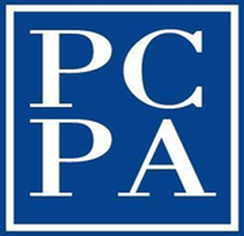WHAT IS COGNITIVE-BEHAVIORAL PSYCHOTHERAPY?
By Boris Todorov, Ph.D.
[email protected]
[email protected]

Cognitive-Behavioral Therapy (CBT) rests on the idea that emotional reactions like anxiety and depressed mood, along with unhelpful behavioral patterns such as avoidance coping, withdrawing from fun activities, acting aggressively towards others, or abusing drugs and alcohol, are a direct response to unhelpful patterns of thinking. Unhelpful patterns of thinking may include making negative interpretations of past events, thinking negatively about the situation you are in, or making unhelpful assumptions about yourself, others or the future. Thus, in cognitive-behavioral psychotherapy, your therapist may invite you to recognize and track your negative interpretations and assumptions, and then help you replace these thoughts with more helpful ones. Notice how “helpful thoughts” don’t necessarily means “positive thoughts”! Cognitive-behavioral therapists rightfully recognize that there are plenty situations where no positive thoughts are appropriate. Such situations may include facing the prospect of life with a chronic medical condition, coping with the death of a loved one, or losing an important friendship or romantic relationship. However, even when confronted with such dire situations, it is possible for us to challenge our self-defeating, negative thoughts, and replace them with comforting, self-affirming, and encouraging thoughts. Evidence from the scientific literature, and feedback from our patients suggests that once negative thought patterns are replaced by helpful thoughts, negative emotional and behavioral patterns are quickly reversed. Indeed, most of the patients who come to see us with mild to moderate symptoms of depression and anxiety typically recover after 6 to 8 sessions of CBT! CBT has been found to be equally effective with adults and children, and unlike most medications, has no negative side effects!
Call or email today to find out more about CBT and other services we provide at PCPA!
Dr. Todorov is available to see patients ages 5 and up at our Chicago (Streeterville) location and over telehealth.
Call or email today to find out more about CBT and other services we provide at PCPA!
Dr. Todorov is available to see patients ages 5 and up at our Chicago (Streeterville) location and over telehealth.

